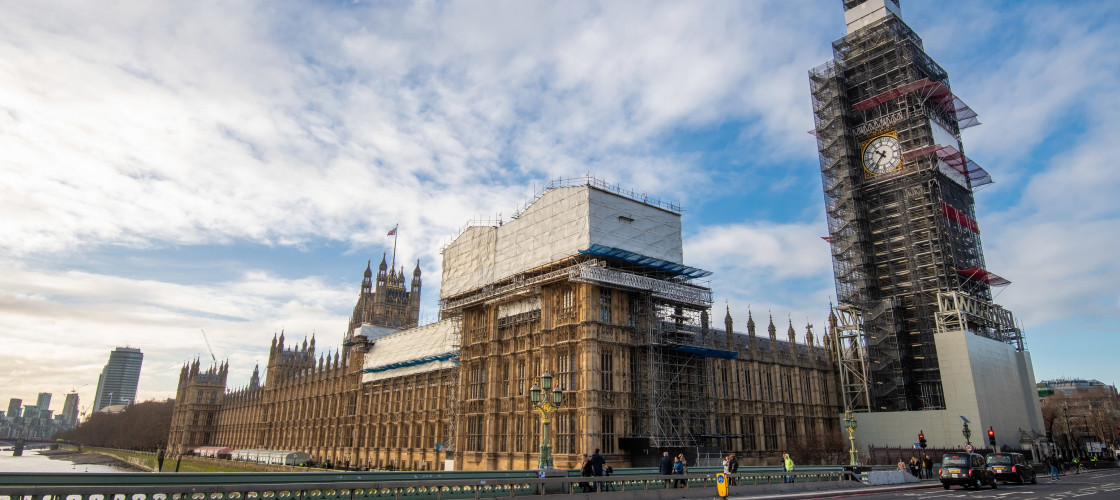Nearly everything in politics has been changed by Brexit – and parliament is no exception. Long-standing tensions about Europe in the Tory party have stormed into the public domain and with that a giddying turnover of ministers. Cabinet ministers used to be able to count on courtesy and respect from newly elected backbenches – but no longer. On the Labour side, our divisions on Brexit, though less ideologically toxic than the Tories’, have a problematic regional dimension. Labour friends find their positions pulled apart by whether their constituency voted leave or remain.
The normal set patterns of the parliamentary year have been thrown up in the air with recess cancelled, business changed at the last minute and no-one knowing what’s going to be happening until the day before.
The toxic combination of Brexit and the anonymity of social media has turbo-charged threats against MPs which demand to be dealt with. No MP should have to put up with threats to themselves and their family, of rape and murder.
People hate instability and division and Brexit has brought that in bucketfuls. But paradoxically, some of the changes precipitated by the chaos are, nonetheless, valuable.
There’s a dramatic weakening of the power of the whips. Government whips who manage to lose a vote by 230 don’t seem invincible any more. And on the Labour side some of the Whips themselves voted against the whip and yet remain in their role. The default position of Members voting with their whip can no longer be taken for granted. MPs can’t just be told how to vote, a case has to be made and won. Loyalty to the party which chose and elected you is valuable but it’s a good thing that blind loyalty is less prevalent.
Select Committees have grown in authority. Important figures who’ve left the government over Brexit now find themselves chairing select committees – Nicky Morgan chairing the Treasury Select Committee is the Government’s loss but Parliament’s gain.
Brexit has been complex and beset by detail. Step forward the Brexit Committee under Hilary Benn, the Home Affairs Committee under Yvette Cooper and the Business Committee under Rachel Reeves to expose what’s really going on. That ascendancy of the select committees is an invaluable rebalancing between the Government and parliament – in parliament’s favour.
Parliament has discovered it can put its foot down when the government is treating it with disrespect. For some time the Government has been boycotting Opposition Days and ignoring parliament’s expressed view. That’s come to an end with the House ruling that the Government was in contempt of parliament and ordering that the Attorney General’s advice be made public. As the government struggles there’s a new sense of just how much Parliament matters.
With the weakening of the party power hierarchies and the strengthening of Select Committees has come a new phenomenon of cross-party working. Working with others from different parties used to be for grandees who’d given up on party politics or for single issue campaigns. But it’s become entrenched now in a completely new way.
As a newly elected Member, it was years before I even spoke to a Tory MP but just as the profoundly important issue of Brexit has opened up fissures within the parties, so it has created new alliances across the parties.
The new members – from both sides – who arrived in 2017 are as likely to search support for their campaigns from the other side as they are from their own. And that’s a good thing too.
It’s hard to know if the positive changes that have emerged out of the Brexit chaos will endure when Brexit is no longer an issue (if ever that day comes). But the constitutional crisis it has precipitated has reminded parliament that we, not the Government, are democracy. And that’s invaluable and worth fighting to retain.
Harriet Harman will deliver the third Tony Benn Memorial Lecture tonight in Speaker's House.






 "As the government struggles there’s a new sense of just how much Parliament matters," Harriet Harman writes
"As the government struggles there’s a new sense of just how much Parliament matters," Harriet Harman writes



